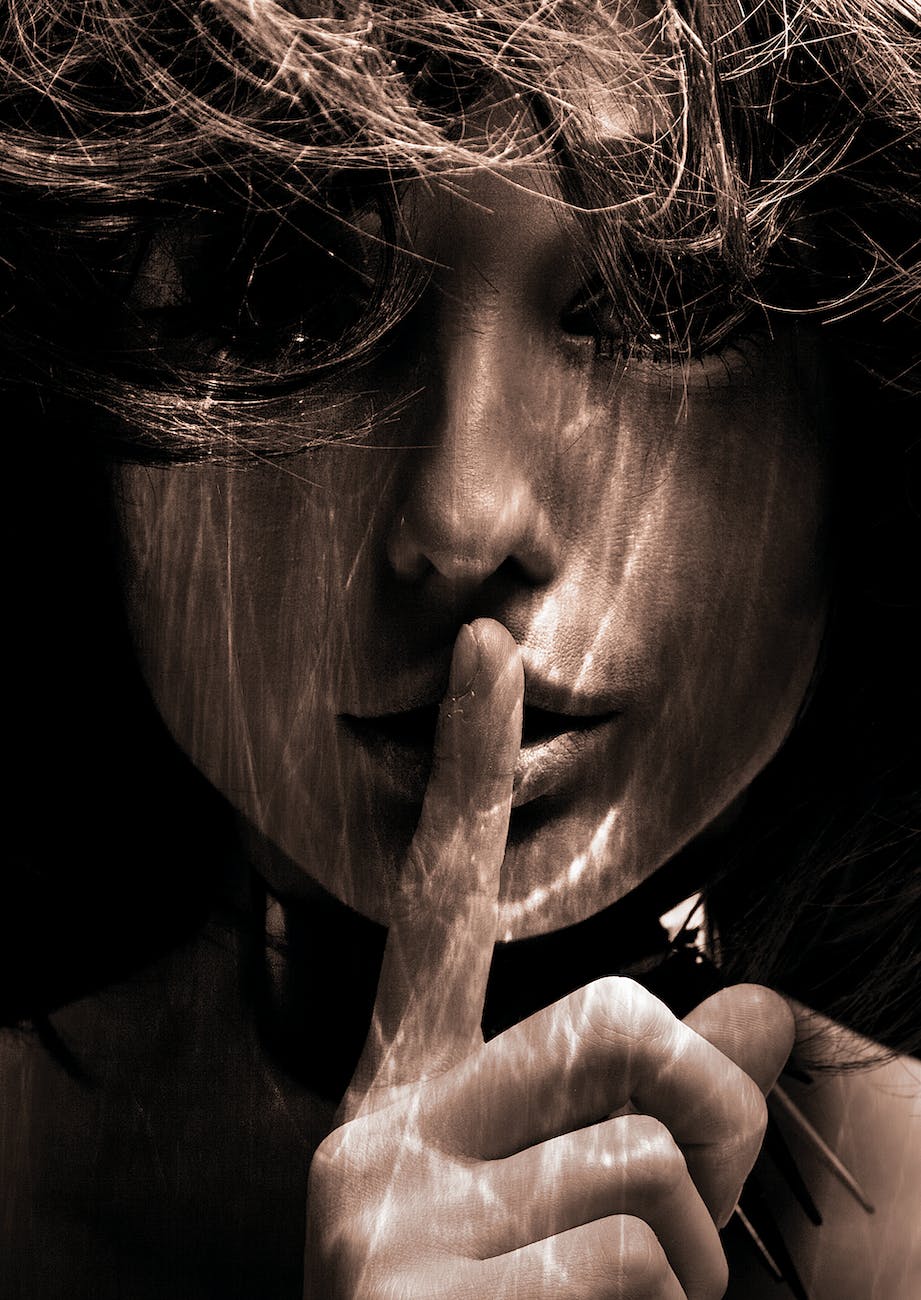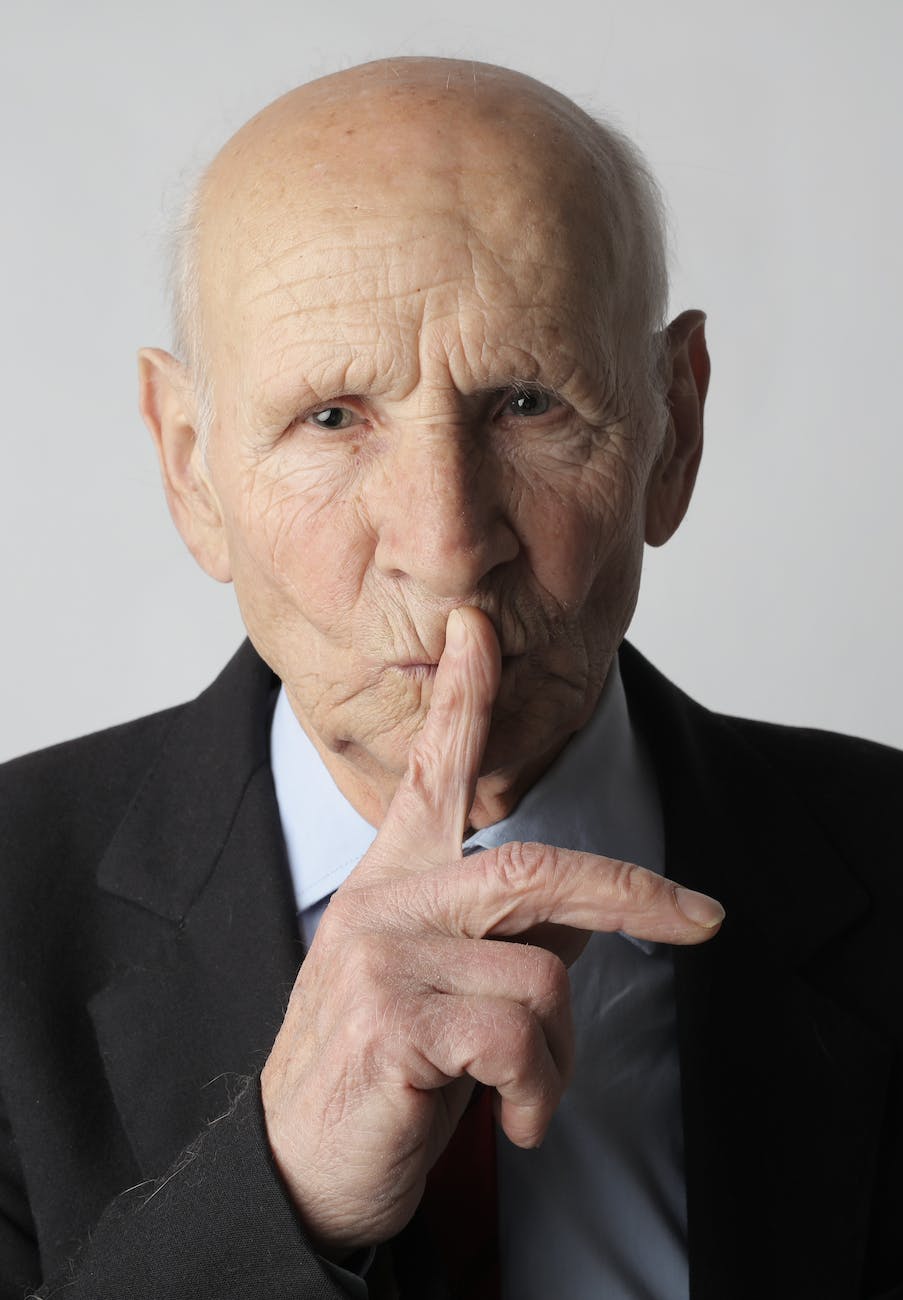On Sunday I’m going to my writing group. There are number of authors there, some well established, some newer. All of them provide valuable feedback. As I’ve written elsewhere, the advice I’d give my younger self as a writer would be to join a writing group much sooner.
Anyway, one of the stories I’m currently critting has caught my attention. It’s by a new member: it’s a great story and is very well written apart from one thing. I think the rest of the group will already know what I’m going to say when I talk about this one…
I don’t like made up words.
R’hellono. Zhve-lenga. iSto(click)xxz.
I just made those up. They’re supposed to sound exotic, they’re supposed to evoke an otherworldly atmosphere and I suppose they do providing you don’t drench the MS in them. You can just about get away with that sort of thing in fantasy when you have humans speaking.
But it has no place in SF.
The chances of an alien being able to communicate with us directly are small. The chances that they would actually use sounds in the human range – rather than using radio waves; or making light flicker or even just moving their ears like a dog are infinitesimal. Why would a crystalline alien race who communicate by changing the ionic balance in chemical solutions be called the V’llorr? The aliens wouldn’t be able to make those sounds, so why would humans call them that? Surely they’d give them nicknames, scientific names, or name them after their place of origin.
I dwelt on this in my Penrose series. The robots came from another planet, everything they said was translated into English (or the language of the edition). Read A Note from the Author in Stories from the Northern Road for more details.
If you were to be friends with an alien, you might as well call it Hilary. You’re not insulting it, it can’t understand the sounds you’re making. And it’s probably calling you a similar name in its own language.









